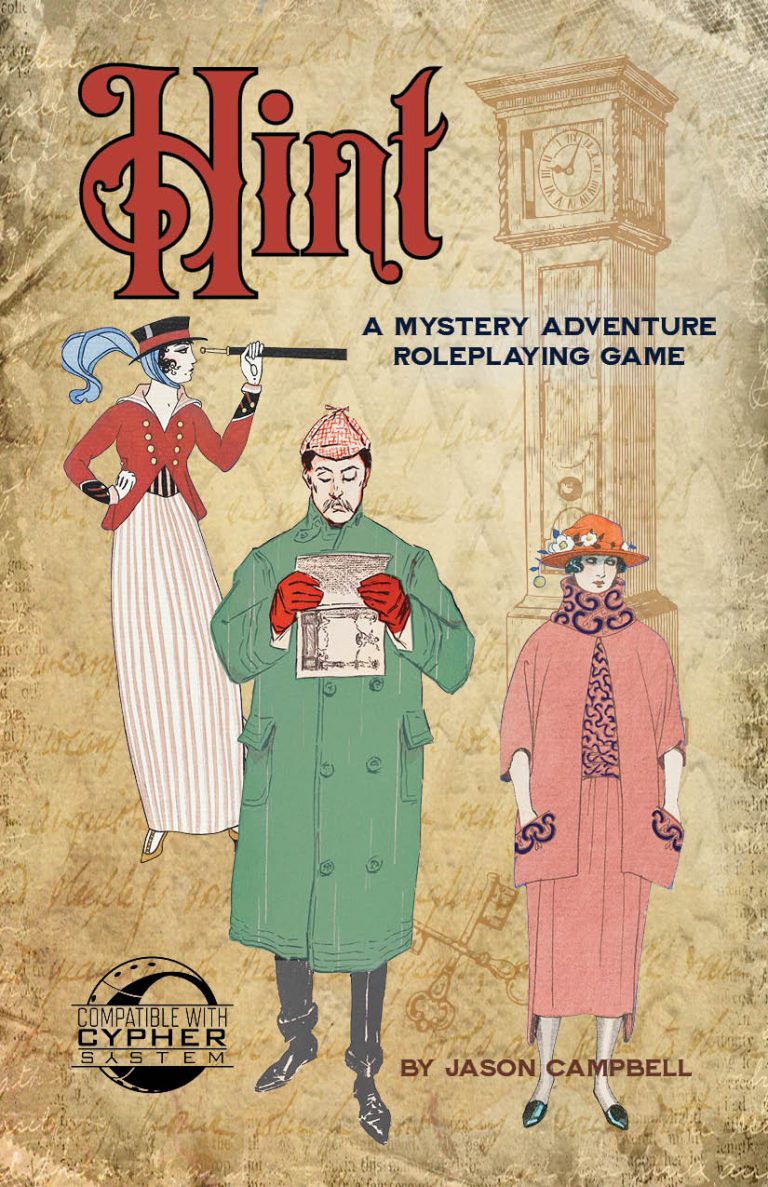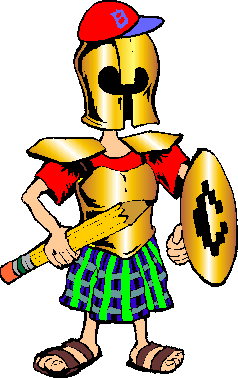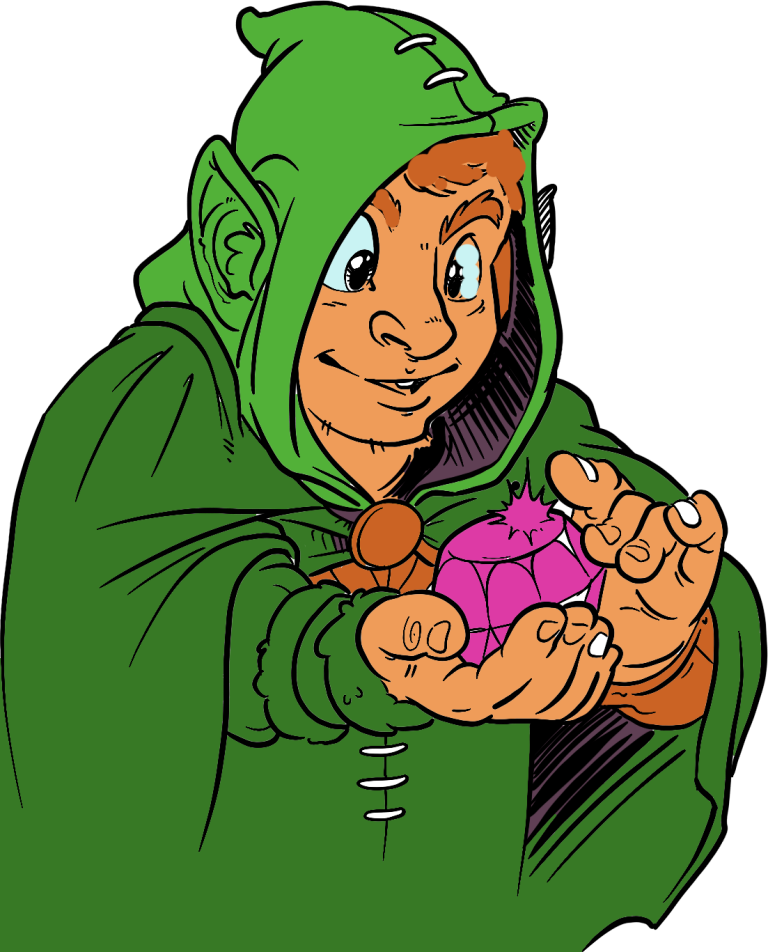All RPG players understand what’s meant by the term “a good ability score.” In Dungeons and Dragons Fifth edition for example, the term refers to ability scores of 12 or higher, because those scores will give you a modification to rolls like saves and skill checks. This is commonly understood but only given a universal assumption of what “good” means. I’d like to look at that assumption today.
(Stay with me here, I’m not completely crazy). When playing a board game, there is usually one winner, so each player’s goal is to win. In that case a “good” die roll is one that gets them close to the goal of winning the game. But this is a role playing game. How do you win?
The use of “good” in a TTRPG refers to something which gives the players an advantage in getting to their goals. But what is a player’s goal? If you’re playing a RPG solely to make your character more powerful by gaining XP, fortune, special items, then that is likely how you look at winning the game. In that case the higher the ability score value, the better the score.
Frankly when I found RPGs as a young teen this was how I played, so the idea of a good score was the highest number possible. But now I don’t play RPGs that way; my goal is to create a great story between all the players (including the GM if there is one.) If that is my goal, then “winning” means successfully creating an interesting story. In this case a “good” score isn’t necessarily the highest number possible. A character with a low ability score could tell just as interesting a story.
What I’m suggesting has its limits. In a D&D 5e game, a fighter with low strength and dexterity scores will be limited in their usefulness to the party. Since the shared goal of the group of players is to have fun, creating a character who’s likely to fail at their chosen specialty isn’t really fair to the party, unless that has been agreed on by the group at the outset. However a fighter with a low score in charisma or intelligence, or a wizard with a low score in strength or dexterity, can tell an interesting story while still being a functional member of the party.
In this way I’d suggest that there aren’t specifically “good” or “bad” ability scores if your goal is to create an interesting character with an intriguing story. It can be fun having a character learn how to deal with things they are not good at as well as things they might excel at.





